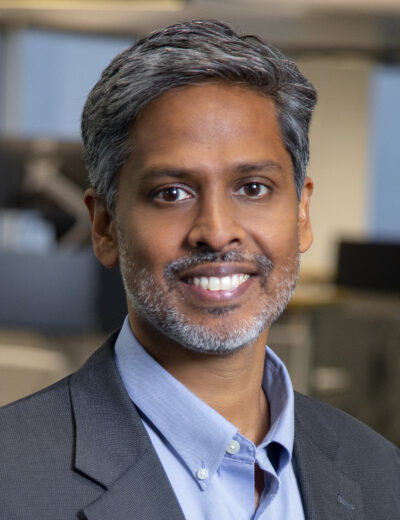Why is it so hard to see that investing is company ownership? Here’s Finny Kuruvilla, MD, PhD, discussing his perspective on why it can be hard to feel ownership in investing today.
Now, why is it hard to see this ownership today? Why has this question been … has it been so fundamentally obscured? Well, I think most of us, if we think about it, would agree that investing has long been divorced from this original and most basic purpose of simply supplying capital to support businesses. Instead, we see that most investors are trying to profit from the market rather than from any productive and intrinsic value of the underlying company. People even forget sometimes that the market consists of these underlying companies, and in fact, this has partly been driven by things like ETFs, or index funds where you buy the entire market. The mantra has become all about low cost, low fee products. The various rating agencies that are out there push this. This is all throughout the financial newspapers, and journals, which reduce investing to buy the whole market, but simply find it at these very low cost, low fee products.
This, very naturally, has made investing commoditized, and depersonalized. People aren’t even thinking about what it is that they’re owning, since they’re buying everything. Thus, we can say that most people don’t know what they own. In fact, if you ask most individual investors, “Do you know what you own?” They’ll say, “I have no idea.” If you ask many financial advisors what do they own, they’ll say, “I have no idea.”
I think it’s a very empirically verifiable statement to see how far we’ve fallen from understanding this original purpose of what investing was intended to be. This is nicely captured by William Cavanaugh, who’s a professor at DePaul University, who says, “Retirement accounts tend to just go into mutual funds. Well, not only do I have any idea how the companies that I have stock in are being operated, I don’t even know what companies I have stock in, [and they’re run] by an elite of managers whose one preoccupation is with increasing the bottom line.”
A very extreme example of this comes from Cliff Asness. Cliff Asness is a very widely respected quant fund manager who was one of the founders of AQR Capital Management, and he is often lauded as a pioneer in quantitative investment management. Notice this statement that he made at a Morningstar conference where he said, “I pride myself on not knowing what’s in our portfolios.”
This is a very powerful exemplar of this phenomenon taken to the final stages where we are seeing that in the end people are almost celebrating this ignorance of not even knowing what they own.


















